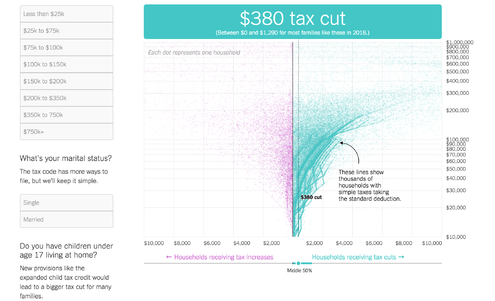In his 2009 book, “And Party Every Day: The Inside Story of Casablanca Records,” written with Curt Gooch and Jeff Suhs, Mr. Harris recalled an early, unexpected brush with the music business. He and some friends headed to the Woodstock festival in the summer of 1969, but they were more prepared than many — he had booked a hotel room nearby. When he arrived he was surprised to find that the hotel was the de facto headquarters for the festival’s organizers and that many of the performers were staying there. Arlo Guthrie, he said, helped him push his car out of the mud after the famous rainstorm.
“Of the hundreds of thousands camped out on Yasgur’s farmland, I’m not sure that any could claim to have gotten more out of Woodstock than I did,” he wrote.
In 1971, Mr. Harris interviewed for a job with Mr. Bogart, whom he had met only briefly a decade earlier. Mr. Bogart, four years older than Mr. Harris, was already general manager of the Buddah and Kama Sutra record labels, which had enjoyed some success, especially with bubblegum pop. Mr. Bogart hired him as a promotion man, responsible for building relationships with retail outlets and radio stations in the New York area.
By 1973 Mr. Bogart was growing restless. He founded his own label, Casablanca (the movie of that name, of course, starred Humphrey Bogart), and took Mr. Harris with him. The two had auditioned Kiss for Buddah, and they quickly signed the band to the new label, though it would take several albums and several years before the band’s attention-getting stage show translated into significant record sales with “Alive!,” a live double album released in 1975.

Casablanca’s no-holds-barred approach was evident early: In February 1974, the label staged an elaborate party at the Century Plaza Hotel in Los Angeles to introduce itself and Kiss. The event had a Casablanca — and “Casablanca” — theme.
“There was a live camel,” Mr. Harris recalled in an interview for the 2013 book “Nothin’ to Lose: The Making of KISS, 1972-1975.” “Palm trees were brought in, real and fake.”
Though it took Kiss a while to generate record sales, Casablanca had quicker success with a relatively unknown singer it signed in 1975, Donna Summer. Her first album for the label, “Love to Love You Baby,” was released that year and became a huge hit, as did its title song, full of the sounds of sexual ecstasy.
Advertisement
Continue reading the main story
Ms. Summer’s music largely defined the disco era for the rest of the decade. Among other disco acts on Casablanca were the Village People, an eclectically costumed bunch whose hits included “Macho Man” and “Y.M.C.A.”
Casablanca, though, also had failures, most notably four solo albums by the members of Kiss that it released simultaneously in 1978. The company expected four hits; instead the albums quickly landed in the discount bins.
If Casablanca had oversaturated the market with Kiss material, disco too was proving to have its limits. By the end of the 1970s the genre was dying out, and Casablanca was feeling the effects. Mr. Harris left the company at the end of the decade, as did Mr. Bogart, who died of cancer two years later. Casablanca was absorbed by PolyGram and later went dormant, although the label name has been revived several times since.
In 1989, Mr. Harris, who had married Mary Candice Hill in 1975, moved to Bellevue, Wash., where he worked for the Track Record Company. In 2002, he moved to Port Angeles, Wash. That same year he opened a comedy club, the Seattle Improv.
In addition to his wife and son, he is survived by a daughter, Emily Harris, and two sisters, Patricia Lusthaus and Arlene Hauser.
The 1970s at Casablanca’s headquarters in Los Angeles were full of cocaine and extreme behavior, but Mr. Harris bristled at a passage in a 1990 book by Fredric Dannen, “Hit Men: Power Brokers and Fast Money Inside the Music Business,” which claimed that the offices closed at 3 p.m. every day so that the wildness could begin.
“While I can appreciate overstatement for humor’s sake,” Mr. Harris wrote in his book, “the comment is very misleading. We had a ton of fun at Casablanca, and we indulged in all the vices you’d expect, but that never kept us from working hard and putting in long hours.”
Continue reading the main story
Article source: https://www.nytimes.com/2017/12/28/obituaries/larry-harris-dead-casablanca-records.html?partner=rss&emc=rss



